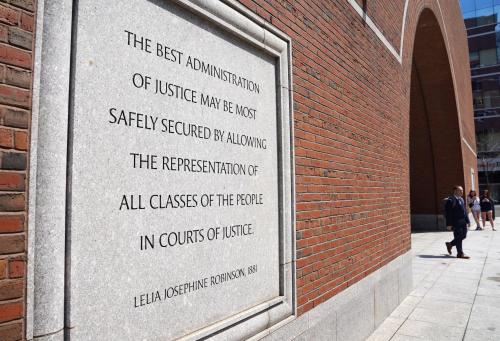

1:00 pm EDT - 2:00 pm EDT
Past Event
With the approaching presidential election and the dramatic shift in schools across the country due to the COVID-19 pandemic, market-based school reforms are once again at the forefront of the national conversation. Whether traditional public schools, charter schools, or private schools have responded better to the crisis is a key topic debate. Also, even before coronavirus, charter schools were key campaign issues for both President Trump and almost every Democratic candidate.
No American city has adopted charter-based reforms to the extent that New Orleans did after Hurricane Katrina 15 years ago. In commemoration of this event, on Sept. 2, the Brown Center on Education Policy at Brookings hosted a webinar on charter schools and education reform. Brookings Nonresident Senior Fellow Douglas N. Harris presented his newly released book, “Charter School City: What the End of Traditional Public Schools In New Orleans Means for American Education,” which was followed by a conversation with national leaders in education. Arne Duncan, former secretary of education under President Barack Obama, Randi Weingarten, president of the American Federation of Teachers, and moderator Andre Perry, a fellow in Brookings’s Metropolitan Policy Program, joined Harris for a discussion of his book and its implications.
Harris, who founded and directs the Education Research Alliance for New Orleans at Tulane University, started by talking about the story of the city’s reforms, based on interviews he conducted with some of the key leaders involved. They spoke of their experiences before Katrina and about what motivated the changes afterwards. While many cities had a few charter schools operating alongside the traditional public school system, New Orleans would become the first all-charter city.
More than a decade after the sweeping reforms, Harris’s research shows they did improve student outcomes in New Orleans. They raised average student test scores in the city from the 22nd percentile to the 37th percentile nationally. Rates of high school graduation, college enrollment, and college completion also climbed across the full population and across racial, income, and disability groups.
The focus of the book is on explaining how and why these effects emerged. Harris stressed that increased school funding, accountability, and choice are likely among the causes of the reforms’ success. But a key theme of the book is that the measurable improvement was driven more by new roles for government, in taking over low-performing schools and providing oversight to ensure access to quality schools for all children.
At the same time, the reforms came with significant costs. These related to both the process of reform (e.g., its lack of inclusiveness) and some of its less obvious effects (e.g., producing schools that focused narrowly on testable outcomes, to the neglect of the arts and community relations).
The experience from New Orleans reinforces, according to Harris, that an either/or approach—markets or government—is the wrong approach for students. He outlined a framework, which he calls “Democratic Choice,” that lays out the key roles for government: accountability of schools, access for all students, transparency in school operations, engagement with the community, and some forms of school choice.
The panel discussion between Harris, Duncan, Weingarten, and Perry looked beyond New Orleans—and in many ways beyond school choice—to how policymakers can improve the lives and opportunities of children. They focused especially on the most vulnerable children in American schools.
Weingarten said we cannot address inequities in learning and performance without comprehensive support in other aspects of students’ lives. The physical, social, and emotional needs of children—including transportation, food security, and mental wellness—are all factors of a child’s experience in the classroom. As Weingarten said, “We will not be able to fix learning and achieving by ourselves. It’s not about the model of charter versus public. It is about what are we going to do about equity and excellence, focusing on well-being first?”
Duncan shared similar thoughts, describing the profound challenges confronted by many American students. He stressed that we need to take a comprehensive view of how we support and nurture students, which includes attending to their social-emotional needs, ensuring that students are safe and fed, addressing structural racism, and helping children work through trauma. This last point is especially important now, Duncan stressed, with the added traumas brought about by COVID-19.
Perry, the moderator of the discussion, suggested a way of framing this discussion: He often likes to say, “Kids don’t live in schools. They live in communities.” Improving education, Perry notes, is also about lifting up the neighborhoods in which students live.
Much of the panel’s discussion of school choice reform lamented that the politics of school choice have distracted from the real issues at hand. Weingarten, in particular, lamented that the vitriol between supporters and opponents of school choice reform has undermined our ability to provide excellent educational opportunities to all children.
Harris concludes with a passage from the end the book, which sums up the main message: The New Orleans story “is worth telling, … kindling ambition in our educational goals, creativity in our thinking, and the realism that comes from hard evidence. It is useful to see something that is both new and measurably successful, as it forces us to question things we have long taken for granted. Even if we ultimately decide to stay the course, or go in a completely different direction, it will be from a position of deeper understanding.” That is the purpose of “Charter School City.”
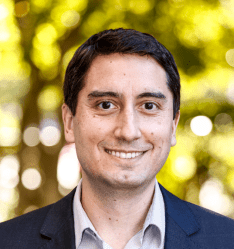
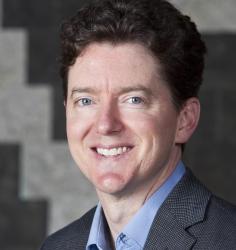
Moderator
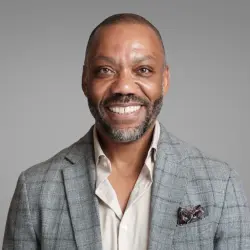
Panelist


Rachel M. Perera, Thalia González, Aidan Tomlinson
February 3, 2026
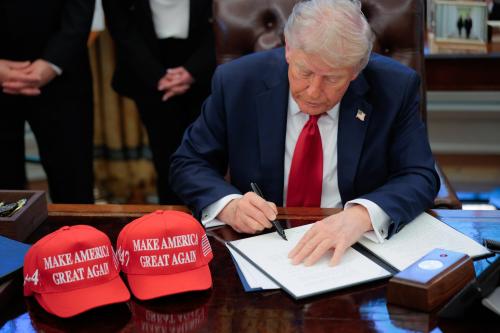
Jon Valant, Kenneth K. Wong, Michael Hansen, Katharine Meyer, Rachel M. Perera
January 20, 2026
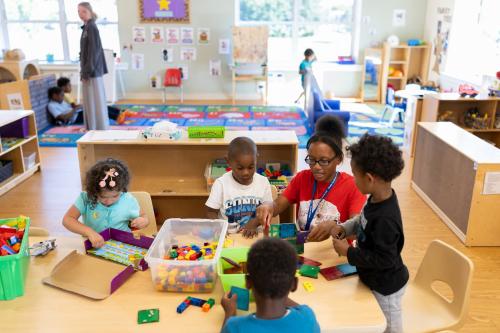
Daphna Bassok, Isabelle Fares, Molly Michie, Kate Miller-Bains, Kennedy Weisner
January 20, 2026